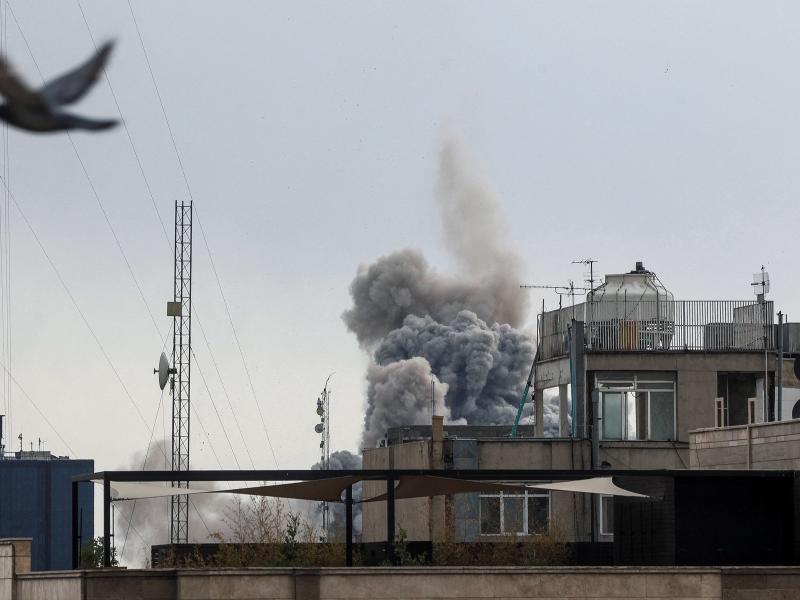A report from the International Transport Workers’ Federation (ITF) exposes dangerous working conditions and deadly consequences for road transport workers across five continents.
The study, Commercial pressures, working conditions, and safety risks in the road transport industry, featuring interviews with over 170 workers in India, Kenya, Brazil, South Korea, and Australia, reveals how low pay, piece rate pay systems, extreme hours, unsafe vehicles and roads, and exploitative industry structures are fuelling a global road safety crisis.
In most countries, workers are still trapped in deadly cycles of exploitation. Figures show a large majority of workers in Kenya experience fatigue (81.5% of those surveyed) and stress (64%) on the job, while close to half (49.2%) have experienced falling asleep at the wheel. In South Korea, truck drivers account for a staggering 53.2% of highway fatalities, while in Australia, articulated trucks are three times more likely to be involved in fatal crashes than passenger cars.
“This research lays bare a global crisis in road transport. When drivers are forced to choose between safety and survival, everyone on the road is at risk,” said Noel Coard, ITF Inland Transport Section Secretary. “It’s no coincidence that where Safe Rates are implemented, lives are saved and standards rise. Governments must stop ignoring the evidence: Safe Rates are not optional, they are urgent.”
The ITF is demanding immediate action to implement Safe Rates systems globally, including policy frameworks that ensure truck drivers are paid fairly and operate safely, with obligations on all industry stakeholders and a seat at the table for trade unions.
“We were constantly pushed to do more, to overload, to miss breaks and to not record jobs in our logbooks… I don't know how I was functioning.” Australian driver
Key findings from the report include:
- In India, commercial vehicles account for 23% of all road deaths despite making up just 4.4% of vehicles on the roads. Truck drivers work up to 24 hours a day, earn as little as USD67/month, and face systemic corruption – paying up to EUR 5.1 million annually in bribes to avoid harassment by enforcement officers.
- In Kenya, road fatalities jumped 17% between 2019 to 2023, driven in part by low pay and algorithmic pressure in ride-hailing apps. Forty-nine percent of ride-hailing workers surveyed admitted to falling asleep at the wheel, while 81.5% experienced fatigue.
- In Brazil, self-employed truckers face starvation rates, cargo theft, and deteriorating health. Drivers sleep on the streets without restrooms or security while waiting to unload, risking assault and robbery. Poor road conditions, cargo theft, and no access to healthcare are major risks. Brazil’s Safe Rates law exists but is plagued by weak enforcement.
“Since the Safe Rates system was sunsetted… we’re sleeping in trucks for six days straight. Fatigue is building up. It’s unbearable.” Korean truck driver
“Safe Rates save lives”
Evidence from Australia and South Korea proves that these systems reduce road deaths, improve driver wellbeing, and strengthen industry standards.
The Safe Rates system in New South Wales saved over 200 lives, but pressure from transport buyers and gig platforms continues to undermine safety nationwide. New national regulations under the Closing Loopholes Act No. 2 amendment to the Fair Work Act are a positive step – will expectations that conditions and safety will improve if they are adequately resourced and enforced.
In South Korea, the 2020–2022 Safe Rates system dramatically improved pay, reduced overloading and fatigue, and slashed dangerous driving practices. Its removal led to a 34% income drop, longer hours, and a return of deadly cost-cutting.
ITF’s General Secretary, Stephen Cotton, said “This report is a wake-up call. Behind every road crash statistic is a worker pushed beyond human limits – by greed, by broken laws, and by supply chains built on exploitation. Safe Rates save lives. Governments and industry must act now.”
ITF demands immediate action:
- Enforce Safe Rates worldwide: Ensure workers are paid fairly for safe hours, with costs of maintenance and safety factored into pricing.
- Repeal punitive laws like India’s BNS 106(2) that blame workers for systemic failures.
- Include unions at the table: Workers must help shape the standards that govern their livelihoods.
- End impunity for transport buyers and companies that push down prices and ramp up risks.
- Invest in road safety: Infrastructure, rest areas, vehicle maintenance, and healthcare access must be priorities.
“You are unsafe with your truck. You’re urinating on a pole. You are subject to a fine and no pay for unloading.” Brazilian truck driver.
NOTES TO EDITORS:
- The ITF is a global federation representing 16.5 million transport workers in 150 countries.
- Full report and multimedia content available at [link]
- Interviews with spokespeople and workers available on request.
For media enquiries, contact: Rosalyn Smith, Media Manager, on media@itf.org.uk or +447522 229623



